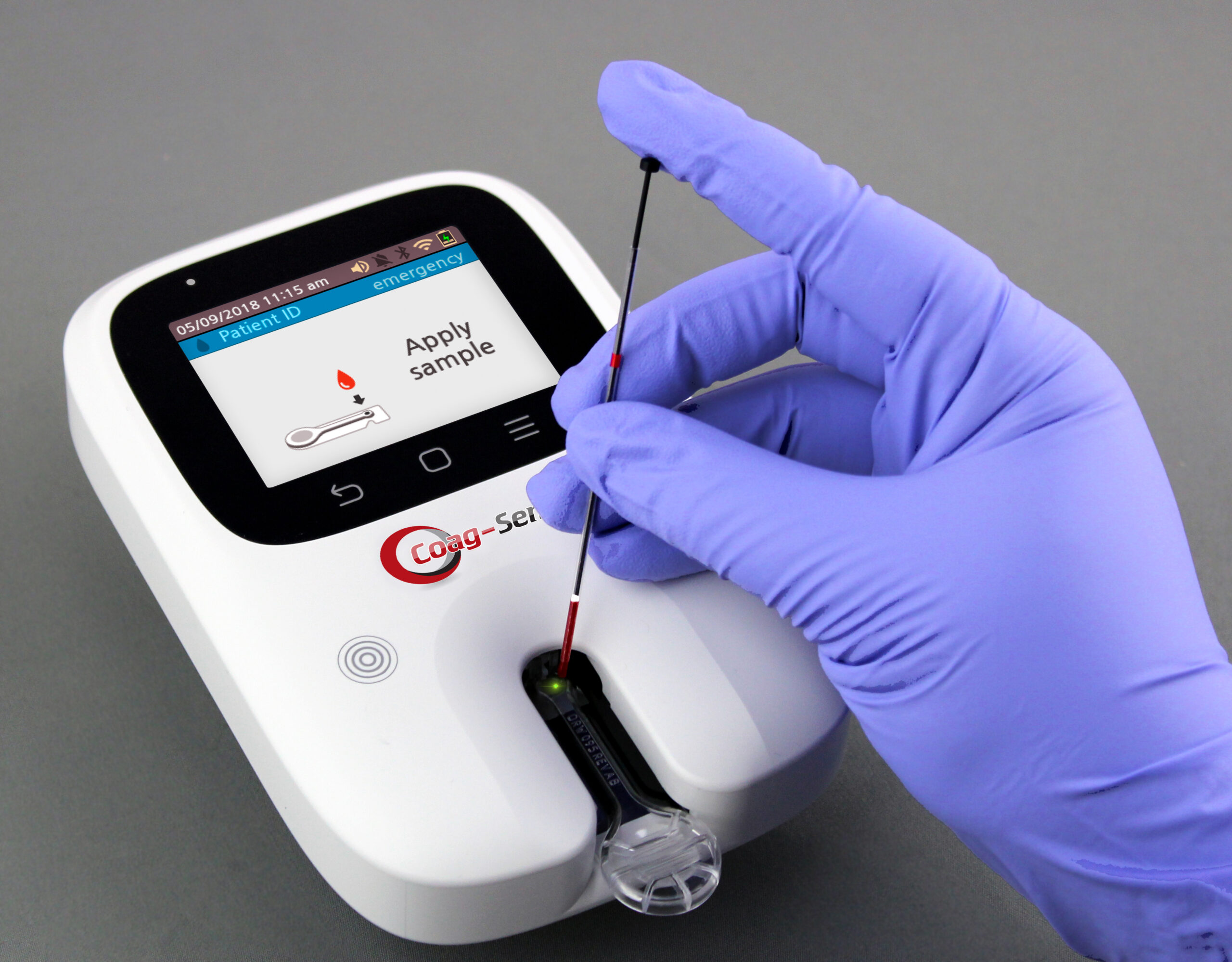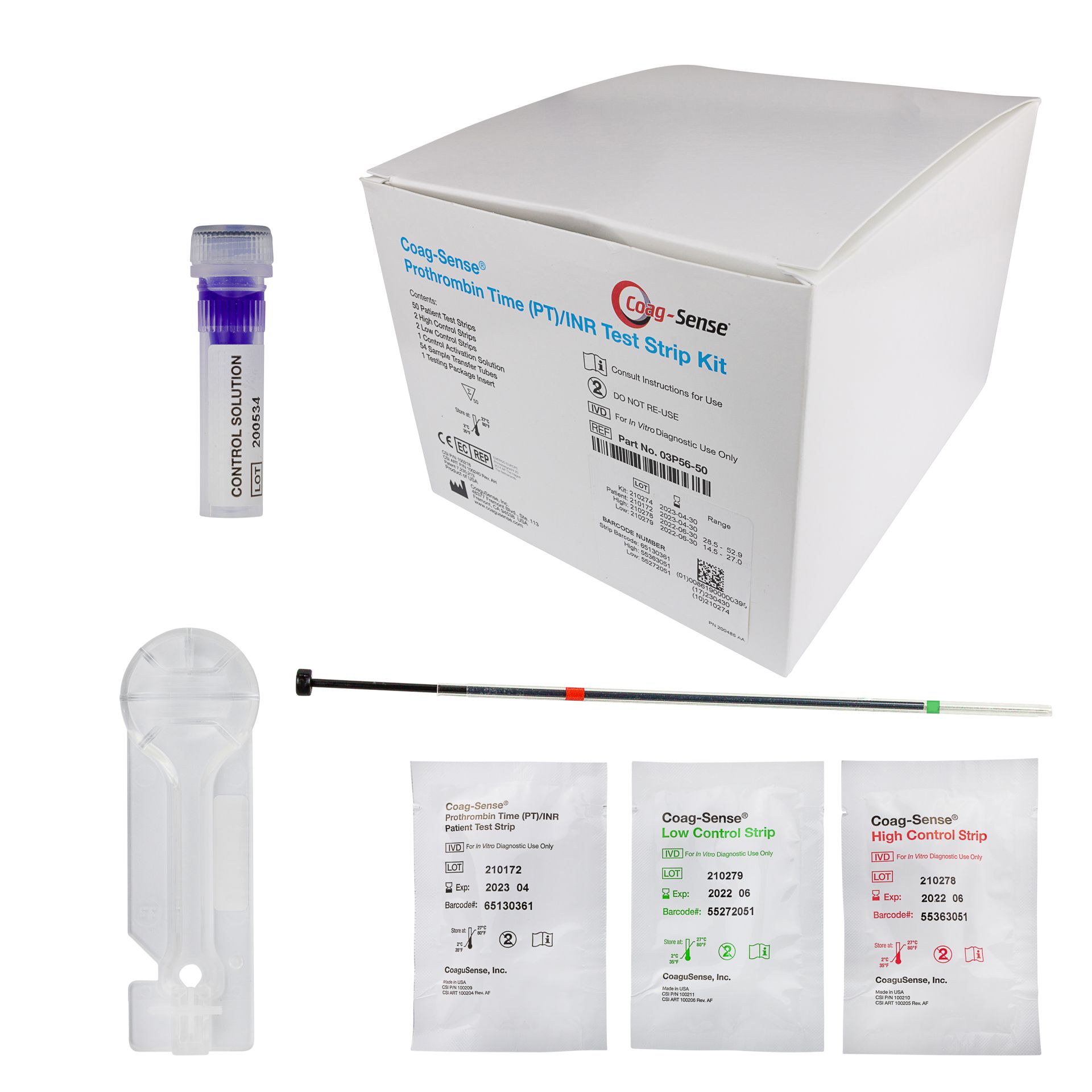Immerse yourself in the enigmatic world of coag sense, an extraordinary phenomenon that unravels the mysteries of coagulopathies, those bewildering disorders of blood clotting. Join us on this captivating journey to decode its mechanics, practical applications, and transformative potential in healthcare.

Image: www.victoriana.com
Deciphering Coag Sense
Coag sense, an ingenious mechanism within our bodies, vigilantly monitors blood coagulation, the intricate process responsible for stanching wounds and safeguarding us from excessive bleeding. This vital sensory network, composed of specialized cells and proteins, orchestrates a delicate balancing act, perpetually adapting to diverse physiological conditions.
When blood vessels sustain injury, coag sense springs into action. Platelets, tiny cellular fragments, initiate the coagulation cascade, a cascade of biochemical reactions leading to the formation of a fibrin clot, the body’s natural wound sealant. Coag sense ensures that these clots are calibrated precisely, neither too feeble nor excessively robust, ensuring optimal healing without obstructing blood flow.
Comprehending Coag Sense Dysfunction
Disruptions within the delicate machinery of coag sense can manifest as coagulopathies, cascading into aberrant blood clotting patterns. Excessive clotting, known as hypercoagulability, elevates the risk of life-threatening events such as deep vein thrombosis and pulmonary embolism, while diminished clotting, or hypocoagulability, can prolong bleeding, impeding wound healing and endangering lives.
Comprehending the nuances of coag sense dysfunction is critical in managing these conditions effectively. Laboratory tests, such as prothrombin time (PT) and activated partial thromboplastin time (APTT), provide valuable insights into the coagulation system’s functionality, guiding appropriate interventions.
Harnessing Coag Sense for Enhanced Healthcare
Harnessing the insights derived from coag sense can revolutionize healthcare practices. Embracing personalized medicine approaches, tailored to individual coag sense profiles, empowers clinicians to optimize patient care. By meticulous monitoring and analysis, they can identify patients at heightened risk of bleeding complications, implementing proactive strategies to mitigate risks.
Furthermore, coag sense-guided interventions hold promise in the development of novel therapeutics. By manipulating coag sense pathways, researchers envision groundbreaking treatments for coagulopathies, offering new hope to those affected by these enigmatic conditions.

Image: mdmaxx.com
Expert Insights and Practical Tips
“Coag sense is a dynamic and intricate system, profoundly influencing our health and well-being,” emphasizes Dr. Emily Carter, a renowned hematologist at the prestigious Mayo Clinic.
To optimize coag sense function, Dr. Carter implores us to embrace a holistic approach to health, including:
- Maintaining a healthy weight
- Regular exercise
- Adopting a balanced, nutrient-rich diet
- Managing stress effectively
- Cessation of tobacco use
- Judicious alcohol consumption
Frequently Asked Questions About Coag Sense
Q: What is the role of coag sense in hemostasis?
A: Coag sense is the surveillance system that orchestrates hemostasis, the multifaceted process of blood clot formation and resolution.
Q: What are the clinical implications of abnormal coag sense?
A: Aberrant coag sense can lead to coagulopathies, manifesting as excessive or diminished blood clotting, potentially endangering lives.
Q: How is coag sense assessed?
A: Laboratory tests, such as PT and APTT, provide valuable insights into coag sense function, aiding in the diagnosis and management of coagulopathies.
Coag Sense How To Use
Conclusion
Coag sense, a fascinating and complex mechanism within our bodies, plays a pivotal role in regulating blood clotting. A comprehensive understanding of coag sense, its intricate dynamics, and clinical implications empower us to optimize healthcare practices and enhance patient outcomes. Harnessing the transformative potential of coag sense, we unlock new avenues for achieving optimal health and well-being.